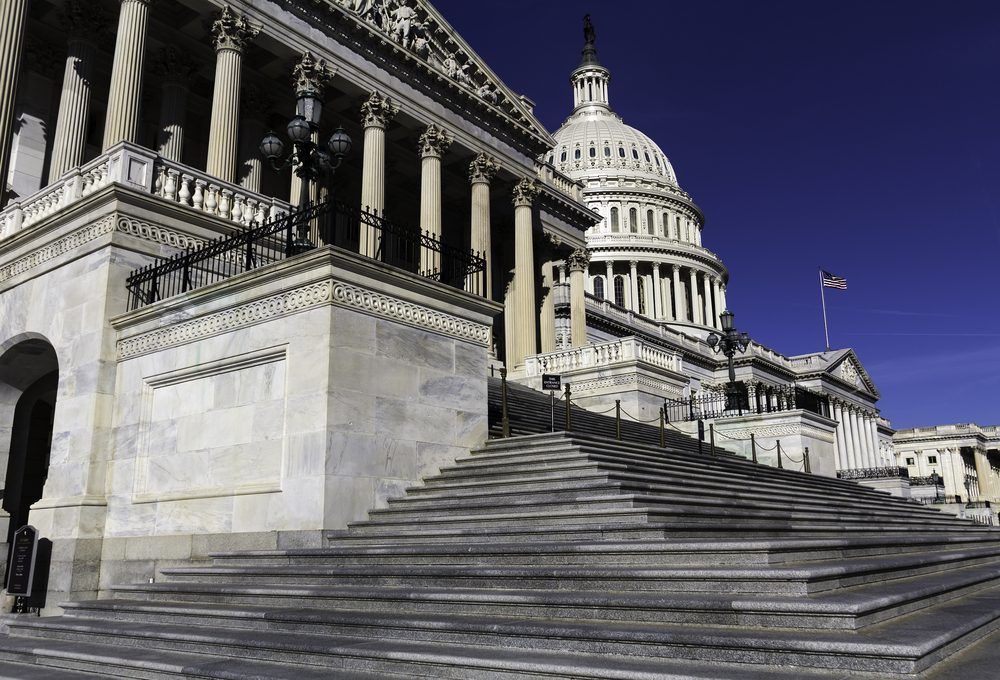The Ethics Rule Blocking Tech Talent


As federal agencies prepare for new executive leadership, an unclear ethics rule threatens to undermine the incoming Trump administration’s ability to develop sound digital asset policy. Legal Advisory 22-04released by the Office of Government Ethics in 2022, has been under the radar as part of the Biden administration’s tough approach to crypto. However, its impact can be profound: it effectively bars anyone holding cryptocurrencies, tokens, or stablecoins from federal service.
For an incoming administration that has promised to restore America’s competitiveness with financial innovation, this presents an immediate challenge. Major agencies like the Treasury, SEC, CFTC, and the Federal Reserve will need officials who understand both traditional finance and digital assets. But current ethics guidance forces potential appointees and civil servants to make an impossible choice: leave the sector entirely or stay in public service.
The irony is striking. A Treasury official can hold JP Morgan investments while working on banking policy, but they cannot hold any amount of bitcoin while working on digital asset regulation. An SEC attorney can hold mutual funds while investigating securities cases, but they cannot hold even $100 in stablecoins. This creates an artificial barrier to hiring experts exactly when their expertise is most needed.
As Senior Director of Industry Affairs at the Blockchain Association, I work with more than 100 member companies at the forefront of financial innovation. Many of our members include professionals with deep government experience who can contribute valuable insights to the federal service. However, under current rules, their expertise remains off-limits unless they are willing to completely withdraw from the industry they know best.
There is a straightforward solution: The Office of Government Ethics should change its guidance to allow de minimis holdings of digital assets, similar to existing rules for traditional financial instruments. This will maintain ethical standards while opening the door to much-needed expertise. Alternatively, the incoming administration could simply revoke the advisory via executive order – a quick win that would signal a more balanced approach to crypto policy.
The stakes are high. As countries like Singapore, Switzerland, and the UAE seek to establish clear regulatory frameworks for digital assets, the US government needs officials who understand both the opportunities and the risks. Maintaining an overly broad ethics rule isn’t just crippling agencies — it’s undermining America’s ability to lead financial innovation.
For an incoming administration committed to effective governance and American leadership in technology, addressing this obstacle should be an early, achievable priority. The alternative is watching important positions go unfilled or, worse, filled by those with limited understanding of one of the most transformative technologies of our time.



